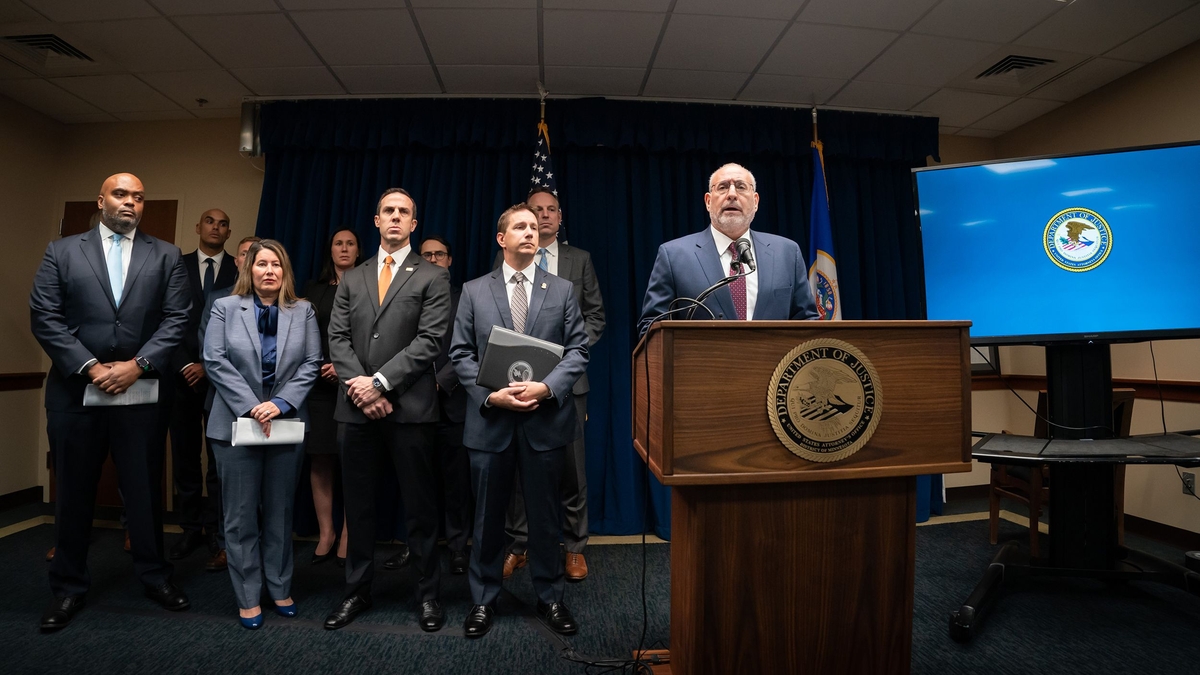Massive COVID-19 Child Nutrition Program Fraud Scheme Expands with More Charges

In the latest development surrounding fraudulent activities during the COVID-19 pandemic, the U.S. Attorney’s Office in Minneapolis has announced additional charges against ten individuals. This move comes in relation to a massive fraud scheme that targeted the Federal Child Nutrition Program, a critical initiative aimed at providing meals to underserved children during the global health crisis. The charges levelled include conspiracy, wire fraud, money laundering, and bribery, marking a significant escalation in a case that has already seen over 70 individuals charged since early 2022.
Unravelling a Massive Fraud
The accused stand implicated in misappropriating and laundering millions of dollars, funds that were allocated to serve the nutritious needs of children in underserved communities. Instead, these individuals allegedly used the funds fraudulently for personal enrichment, a stark betrayal of the program’s noble intention. This announcement follows the guilty plea of a 53-year-old Big Lake woman, marking her as the 17th defendant to admit involvement in the case.
An Unprecedented Case of Fraud
According to federal prosecutors, this case is the largest fraud of its kind related to the pandemic. The scheme has resulted in over $250 million being misused from the U.S. Department of Agriculture’s child nutrition programs. The fraudulent activity emerged amidst relaxed regulations during the pandemic, which allowed numerous businesses and nonprofits to participate in feeding children while schools were shut.
Legal Proceedings Underway
These developments come as part of a broader crackdown on fraud related to pandemic relief efforts. The defendants are expected to make their first court appearances soon, and the first trials are slated to begin this spring. As investigations continue, the U.S. Attorney’s Office is expected to bring additional charges against those involved in this expansive fraud scheme.
This case serves as a stark reminder of the need for stringent oversight and accountability in times of crisis, where the most vulnerable can become targets of unscrupulous individuals and groups. It underscores the critical role of law enforcement in safeguarding public funds and ensuring they reach the intended beneficiaries.
